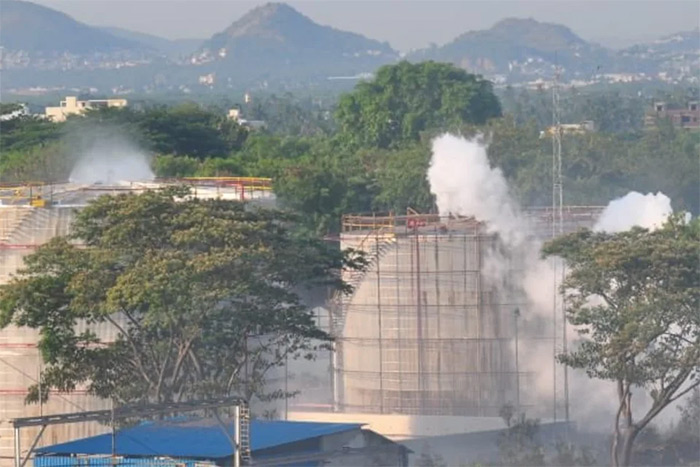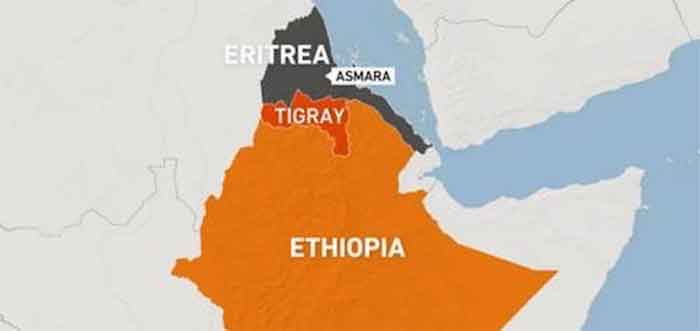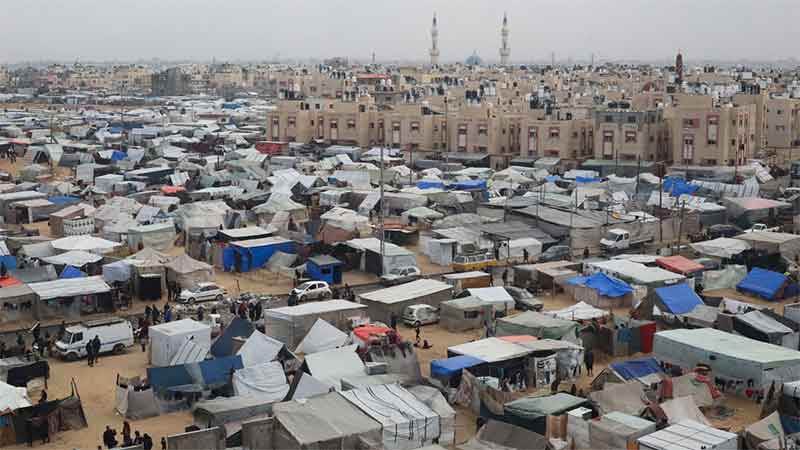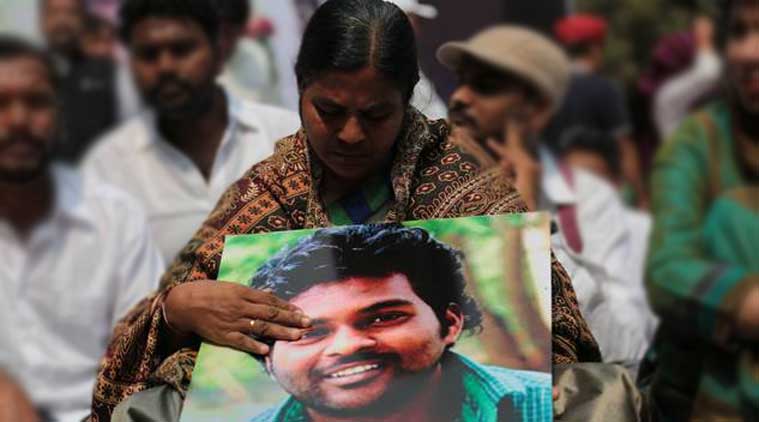
A long series of never-ending dystopias have generated during the COVID 19 pandemic. The mega corporates from time immoral have quenched their thirst by exploiting and extracting resources from the earth without anticipating risks and harm. The dystopias of mishaps in various industrial units have led to corporate wrongdoing in our country. The saga of catastrophes from Chhattisgarh gas leak to Visakhapatnam gas leak to Baghjan fire to Bharuch boiler blast to Cuddalore boiler explosion, leads us to a series of environmental crime in 2020, also as green crime coined by the Sociologist Michael James Lynch. To say it Green crime because they are often different from conventional crimes because for crime is something that is defined as an unlawful act by law, which might change with time and space. But green crimes are crimes that might not be defined as a crime by law whereas pose serious harm as well as a threat to humanity and the environment as such.
The most criminogenic agents of environmental harm within a global capitalist political economy are members of the capitalist class, operating within the institutional context of transnational corporations. These transnational corporations of Union Carbide and Carbon Corporation (Bhopal gas tragedy), LG chemical Limited (Visakhapatnam gas leak), Oil India limited (Baghjan fire) are such examples in India today.
The Visakhapatnam gas leak
Humanity laments when the government of Andhra Pradesh made certain scrutiny through a high power committee that assessed the Vizag based corporate plant, LG Polymer owned by LG Chemical Ltd. of South Korea. A plant that did not possess preventive mechanisms, warning siren, safety protocols after the assessment keeps the whole nation baffled. How does a unit function without such measures? The lives of 12 people that were taken on the May 7 incident of gas leak become a product of corporate wrongdoing and such incidents pose a serious threat to the living and the nonliving environment. A chemical plant functioning in close proximity with the residential region becomes a threat in itself at the very first instance of establishment and hence the resultant catastrophe of gas leak forecasts such threat time and again since tragedies like Bhopal gas leak. The immediate need of the hour is to revisit rethink the ecological concerns of industries in and around residential areas.
After the May 7 incident at Vizag, The central pollution control board asked the industrial units in the nation to have a safety and hazard audit before resuming operations after the lockdown period. The Central pollution control board also directed the state pollution control boards to mitigate such kinds of crisis, for immediate compliance of its directives.
The follow up in Assam
The inferno of Baghjan fire in Assam becomes a lamentable moment at the time of COVID 19 distress all across the state. The village nearby the site consisting of living souls of humans, cattle flock, livelihood, rivers, and fishes became a sad moment in a paradigm shift of worries and panic. In utter bewilderment of innocence, many were in a grave panic, and the situation of unnatural earthquake started to flourish because of the inferno, which kept the villager’s mobility in panic for safe heights leaving their destiny behind those villages.
After the catastrophe, the Assam Pollution Control Board through a series of events came to limelight. For the first instance, the bodyslammed a closure notice to Baghjan oil field. The notice came because of not obtaining consent from the Board for indulgence in activities of extraction of gas. The lacuna of Oil India Limited in failing to install a blowout prevention system to avoid accidents during drilling was highlighted by the Board.
For the second instance, three days after the closure notice, the Pollution Control Board of Assam revoked its order with certain negotiations with OIL on the ground that it issued a show-cause notice to submit a detail environmental management plan within 15 days, asked Oil India Limited to apply for availing consent of each drilling and production units, send details of hazardous waste disposal and treatment, and take necessary action for proper disposal of e-waste.
Now the fundamental question is can these negotiations be parallel with the negotiations of the tragic living souls, livestock, agricultural fields, small tea gardens, and the ecology. Will the formalities and procedures bring back reality from ashes?
The Baghjan site was too close to the Maguri-Motapung wetland which is part of the ecological habitat of Dibru Saikhowa national park, an homage to various plant and animal species. This becomes an ecological threat, not after the occurrence of the inferno but on the creation of the production site at the very first instance and the negotiation of establishing the unit was not optimistic for the biodiversity of the region, and hence the inferno established the legitimacy of the risk for habitats near industrial areas. The forceful creation of environmental refugees because of the Baghjan catastrophe will once again raise the specter of the population as a populist evil to be fought using ever more draconian methods of containment as we hear sad stories from the relief camps of people not being able to return home from the past couple of weeks.
A legitimation crisis
The mask of illusion created by various production units in today’s modern world subjugated rationality with false objective reality. The philosopher Nietzsche’s quote of Death of God becomes the latent function of today’s modern technocratic state. The utopian dream of technology claiming the master of human services becomes a vicious cycle of destruction when fuel companies showers fire at times instead of being environmentally friendly. The ecological catastrophe such as gas leaks, boiler blasts becomes a legitimation crisis when the historical hermeneutical knowledge of ecosystem and ecology, the critical knowledge of ushering the nexus between constraint and domination right from the colonial times are dominated by knowledge concerned with understanding the lawful properties of the material world such as extraction of fuel and natural gas.
Pollution control board revoking its order in terms of Assam, a perfect example of not being a partisan towards the political subsystem of diffusing commitment, juxtaposes a classic Habermasian crisis with the threat. The main question one should ask is do we see a clear alternate ahead? The cultural and ecological capitals of residents and villagers into jeopardy can this be negotiated?
Therefore it’s high time for deconstructing (Derrida) the developmental writings, a time for twisting and bending the utopian technocratic developmental stimulus, or else the occurrence of green crimes would be a regular phenomenon with a serious threat to existence.
Bijit Das– I am a Ph.D. research scholar from Dibrugarh University, doing my research on green (environmental) crimes and its harm to society. Various human acts of clear-felling, poaching, dumping of hazardous wastes in water bodies, etc as well as those embedded in the political economy of the state, pose a serious threat to the living and the nonliving environment. Therefore such acts might not be unlawful but still poses a threat to humans and ecology. My research deals with studying those acts, state compliance for environmental standards, and social harms
SIGN UP FOR COUNTERCURRENTS DAILY NEWSLETTER














































